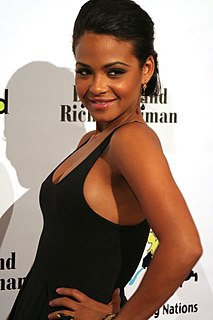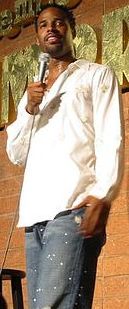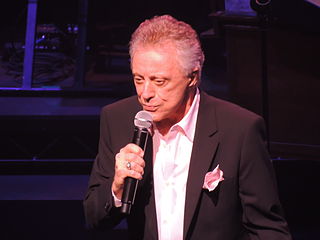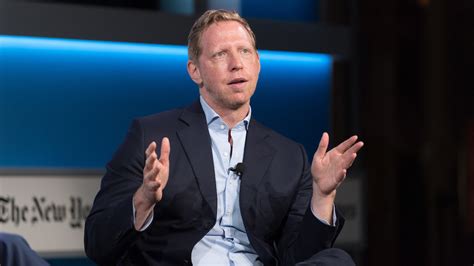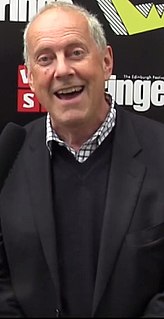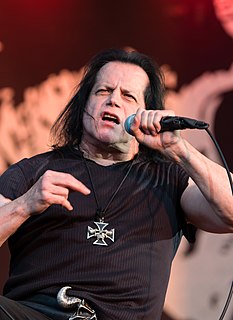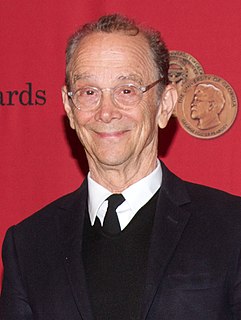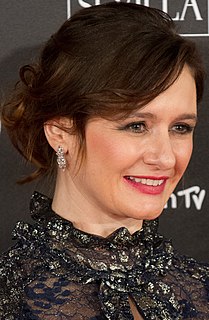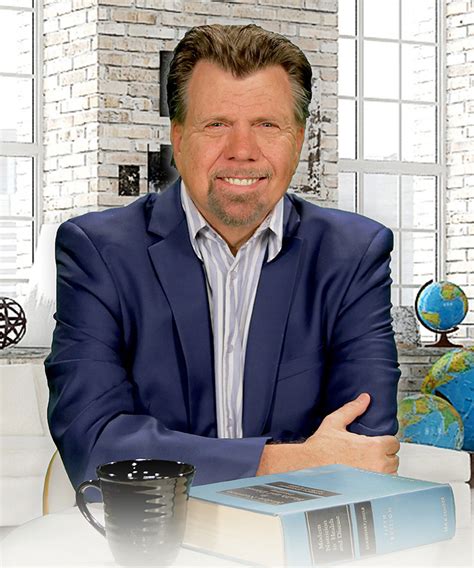A Quote by Christina Milian
I had a really great performance with Steven Tyler in the movie 'Be Cool.' I performed 'Cryin',' so we recorded the song beforehand. But I didn't get to meet him until I hit the stage with him, and we had a live performance with 30,000 people in the audience, and that was for the movie.
Related Quotes
We played a show the other week at this festival and it was an audience that I'd never normally play in front of. That's one the greatest things about festivals: you don't always get your audience, you get people who just pop in out of curiosity. The reaction was amazing; there were people dancing, which we've never had, I guess because the message is pretty powerful and the performance is a lot more visceral than it has been previously. The audiences seem to be reacting to that really well and it's a wonderful thing, because at a performance you really bounce off your audience.
One of the songs we recorded for 'The Long Run' was called 'You're Really High, Aren't You?' Which never really made it onto a record, but later on, it became 'Heavy Metal.' I took that track that wasn't used, and when I was invited to write a song for that movie, I took that track and recorded that song for that movie.
Giancarlo Giammetti has a lot of nervous energy. He's a director, really. He was trying to direct the Valentino movie over my shoulder. I don't blame him - that's been his job for 50 years. But I had final cut in the movie by contract and I wouldn't have made the movie if I had not been completely independent.
I was very blessed it was Steven Spielberg who made the movie. He was very much into the redemption side of the story. They asked him in an interview why he had owned the rights to this story for 20 years before he made the movie, and he said, 'I wanted to see what the real Frank Abagnale did with his life before I immortalised him on film.'
Don't get me wrong, Carter Smith is an insanely talented photographer, but as a director he approached it more from a story standpoint. He definitely had an interest in communicating the text and the characters first, and he allowed his cinematographer Darren Lew to really find the visuals - of course, he worked with him throughout the entire Jamie Marks Is Dead movie, it was a collaborative effort. While the movie is very visually beautiful, in my opinion, very visually striking, Carter was definitely approaching it from a performance standpoint first.
I've never acted before in a movie I've directed. This felt like the time to do it just because the " Leaves of Grass" movie itself is so much of a platform for the lead actor. It's really written for an exciting performance and it really depends on the audience watching an extraordinary actor having a great time pulling off this feat. It makes sense to me as a director to act in support of that.
The ratings thing is the real issue. It really hurts movies. For example, in Redbelt, I smoked. The whole plot of my character was based on the fact that I was a smoker. And then they discovered that just by having someone smoking in the movie, it immediately makes the rating an R. So they had to cut out every shot where I had a cigarette in my hand and it totally affected the performance. That was very frustrating to David Mamet as well. I can remember him saying, "It's a nightmare."
The underlying foundation of all religion is performance - whether it's a tribal dance around a campfire to satisfy the fire god, or a dead religious activity performed week after week by an evangelical Christian with the intent of impressing his God. It's all religious performance, and God isn't impressed by our performance. What impresses Him is faith.
